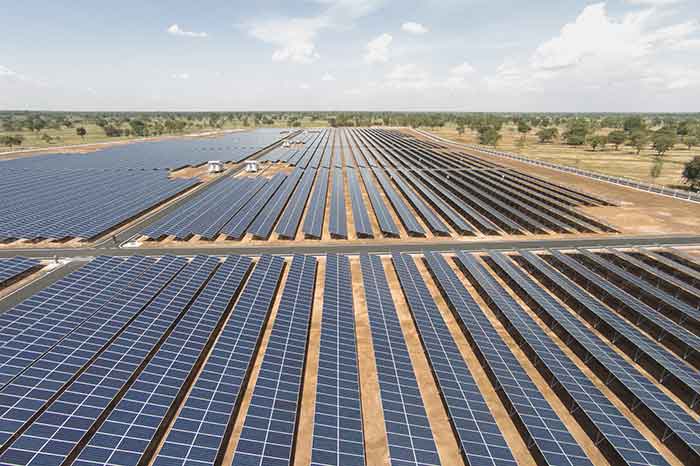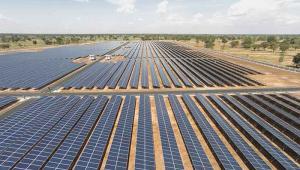web_solarfarm_shutterstock_234882949.jpg

Solar farm
The bank hopes that its accreditation will expand access to the fund’s resources for a continent that still lags behind other regions in attracting the necessary financing needed to implement climate-smart initiatives.
As well as struggling to attract funds, Africa is one of the regions that will be worst-affected by climate change. The United Nations Environment Programme estimates that adaptation expenditures for sub-Saharan Africa alone could total $67bn by 2050, even in a 2°C world.
Alex Rugamba, energy, environment and climate change director and chair of the AfDB Climate Change Coordination Committee, said the bank was committed to scaling up its climate finance to $5bn a year by 2020 to support adaptation and mitigation challenges in Africa.
Speaking after it was announced the AfDB had gained accreditation at a GCF board meeting, Rugumba said: “Partnering with the GCF will be essential to meet this target. Not only will AfDB be able to help channel new GCF resources, it can also blend GCF funding with its own resources, or other third party financing.”
The bank said the fund’s investment priorities target many of the continent’s priority areas, such as expanding sustainable climate-smart agriculture, transforming energy generation and increasing energy access, scaling up finance for forest protection and enhancing the resilience of small island developing states.
As well as giving certainty that GCF funds and environmental and social risks can be well managed, accredited entities can facilitate the disbursement of GCF resources by developing and submitting funding proposals and overseeing the management and implementation of projects.
The AfDB will also be able to complement GCF funds with a range of other financial instruments and by mobilising private sector capital.
According to a 2015 GCF document containing briefs for projects the fund was preparing to invest in, the fund is set to deliver a total of approximately $44.91m in three projects in Africa which are due to start this year. Just under half of this, $20m, will be an equity investment rather than a grant.
One project in Bangladesh is set to receive almost an equal amount of funding from the GCF as the whole continent, with a $40m grant.
Prior to this week’s board meeting, Africa had four GCF-accredited institutions. Only one of these works on an international level – the Africa Finance Corporation. The other three are national entities: Namibia’s Environmental Investment Fund, Senegal’s Centre de Sulvi Ecologique and Rwanda’s Ministry of Natural Resources.
Other international institutions, such as the UNEP or the UN Development Programme, also channel GCF funds to Africa, but the addition of an Africa-focused institution like the AfDB is likely to mean the whole continent will benefit to a greater degree.
In addition to the GCF, the bank also serves as an implementing agency for a number of other climate-related funds including the Global Environment Facility and the Africa Climate Change Fund.
The AfDB and the UNDP have also this week discussed collaborating on a project to increase energy access in Sudan, where the rate of energy poverty is at 65%. The two would work together to increase access to energy in the country, primarily through renewable sources.
A number of other donors are also expected to collaborate on this project, including the World Bank and the UK’s Department for International Development.













